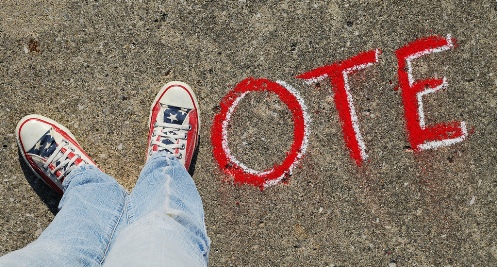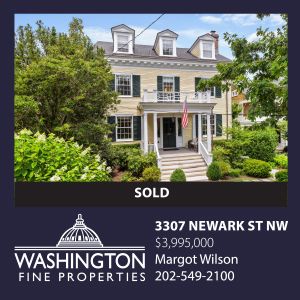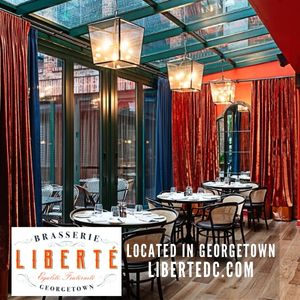Voter Drives at Shopping Centers vs. Billionaire-bought ‘Civic Life’

At a Virginia shopping center, Obama voter-registration volunteers had to set up their tent at a somewhat out-of-the-way location on the sidewalk.
The reason? Some merchants saw this civic activism as a risk to their businesses. Others across the country, including some major shopping center owners, would undoubtedly feel the same. I’ll withhold the name of the Virginia center, off State Route 236, lest the business people kick the Obama activists into the street.
Granted, one of the volunteers earlier had been too aggressive in accosting prospects—the reason the Obama people were no longer near the entrance of a supermarket. But those issues can be dealt with easily enough through training.
I myself was among the Obama volunteers, and I quickly absorbed the basics. No chasing after people—stay within a short distance of the tent. Watch body language for signs of receptiveness. Forget about shoppers wearing headphones or extremely engrossed on conversation with friends in person. Skip those chatting on cellphones. Never, never approach someone in the uniform of a postal or retail worker since they very likely are punching a clock. Just go by commonsense.
So why I am so worked up about this issue, even though, yes, there are a bunch of ways to register in states like Virginia, such as at the Department of Motor Vehicles?
Well, I think of the comments of a publishing consultant on the decline of physical bookstores—which can hurt even e-books, not just the traditional variety. For people to pay the most attention, he says, you need those books on the shelves even if people end up buying at Amazon. That’s how it is with voting drives, which should be in the thick of things.
Alas, all too often these days, business priorities have triumphed over civic ones. Elizabeth Warren, the Democratic U.S. senatorial candidate from Massachusetts, perceptively countered with: “You didn’t build it.” President Obama used similar language. They weren’t literal when speaking about businesses’ reliance on tax-funded services; the “You didn’t build it” was just a reminder that companies rely on public infrastructures of various kinds, from roads to schools.
Just what could be more basic to America’s political infrastructure than the ability to conduct registration drives, especially in shopping centers, so often serving as public squares? Businesses will benefit in the end. The more people participate in civic life, the cleaner the government at all levels—which I daresay is good for honest business people.
In the end, this is a freedom of speech issue, encompassing many causes, not just voter registration, and laudably, California and three other states have explicitly opened up shopping centers to activists within bounds. Through laws or court rulings, Virginia and the rest need to do the same for voter drives and other activism. I doubt that the present crop of ultra-conservative officials in my native state would oblige, but free speech on commercial property should be grist for future legislation or at least help justify the appointments of judges friendly to civil liberties. Compromises could be built into the possible laws or rulings, so that, for example, measures could be taken against activists who blocked entrances or were otherwise needlessly disruptive to trade. For more about the issue of free speech, on and off commercial property—an issue affecting people of all ideologies, not just progressive Obama types—see an ACLU Web page.
This is the era of loathsome, billionaire-sponsored TV commercials that not only lie but also in effect promote a grotesquely synthetic civic life. It’s time for society to protect the real thing against both the fat cats and the limit-the-vote politicians whose legislation and judicial appointments so often pander to rich campaign donors.





